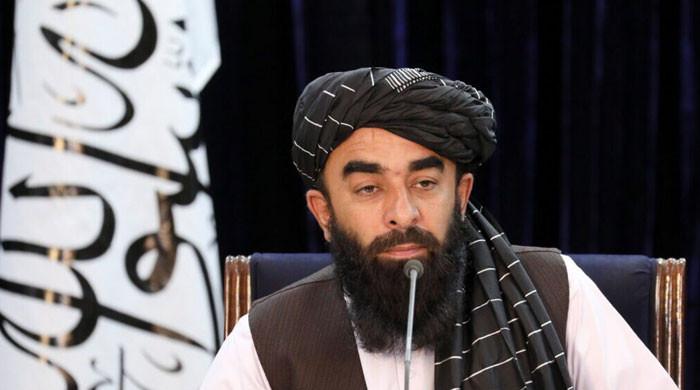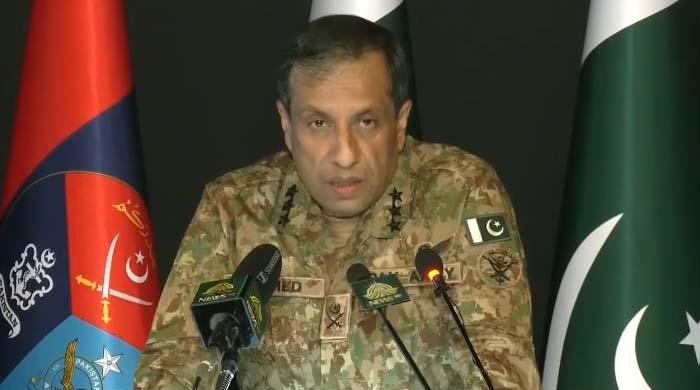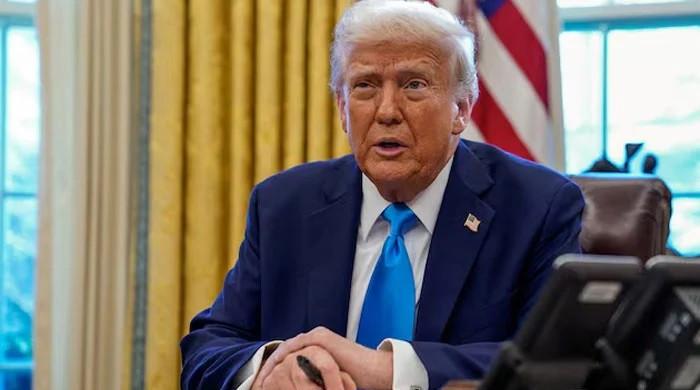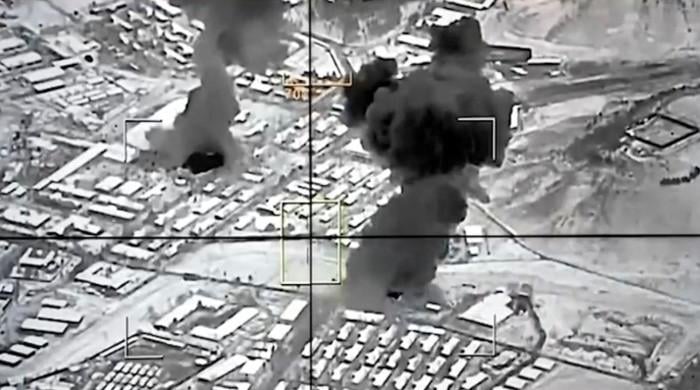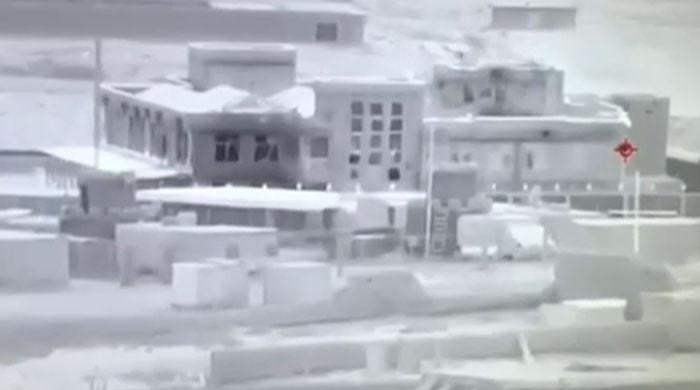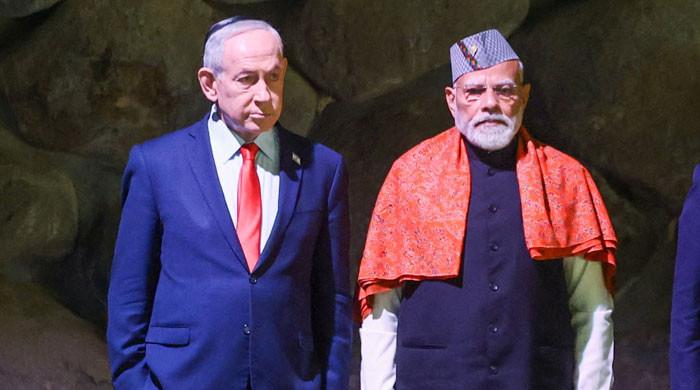Pakistan on the edge of the precipice
Abandoning our doctors, nurses, paramedic and all medical practitioners in this crucial time leads to people losing confidence in their own government
March 28, 2020
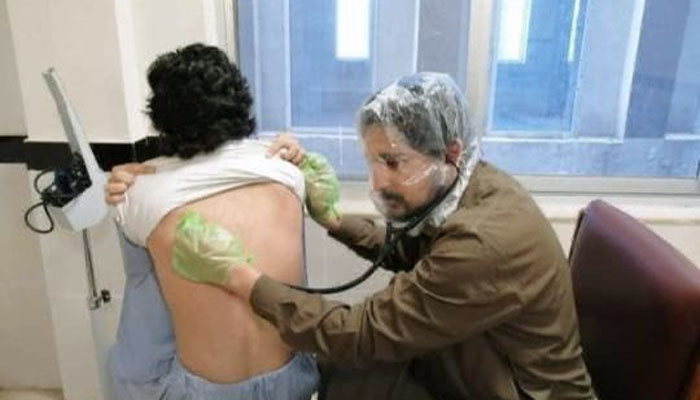
In the midst of a global pandemic, a Pakistani doctor is seen dealing with a suspected Covid-19 patient using a shopping bag to protect his face, a tell-tale sign of the poor state of the Health Care services in Pakistan.
Doctors and paramedics are ill-equipped or forced to work in unsafe environments highlighting how unprepared Pakistan, a state with 220 million citizens, is to deal with a calamity like the coronavirus.
It is not surprising in view of the paltry budgetary allocations for healthcare at the federal and provincial levels.
According to media reports, in the 2019-2020 federal budget for Health and Service Affairs, a total of Rs.11,058 million has been allocated in the budget estimates, 20.4% less than the 2018-2019 federal budget provisions. Interestingly, there has been a whopping 80% increase in the budget for social protection this year.
Provincially, under The Punjab Healthcare Commission Act 2010, The Khyber Pakhtunkhwa Health Care Commission Act 2015, the provincial government is bound by law to uphold standards regarding the quality of healthcare services. In such exceptional circumstances, watching these provincial governments failing miserably to provide sufficient Personal Protection Equipment (PPE), surgical masks and vital rubber gloves to the most valuable assets for the citizens of Pakistan demonstrates, on a wider scale, how Pakistan is severely unequipped for the pandemic.
The relationship between the Government of Pakistan and its citizens is reflected in these times of need.
The world became aware of this fast-spreading virus in January 2020 with the initial cases emerging from China. Logically, Pakistan being a neighboring country, with a direct border and burgeoning economic trade with China, could reasonably be expected to take preventive measures instead of allowing more than a thousand cases of coronavirus to emerge.
It is true that eventually patient zero did not emerge in Pakistan through China but through Iran, which also borders Pakistan.
Sindh government which has done good work in raising awareness in fight against epidemic has accused the federal government of not doing enough to prevent the arrival of patients from Iran and other affected countries. Airports, all exit and entry points are controlled and monitored by federal government.
Additionally Authorities have not done enough for health and safety education for doctors, infection prevention and occupational safety are not part of the curriculum or practice in medical schools, a senior practicing doctor said.
“We were told that we do not have sufficient funds to buy PPE for the hands on training, despite several private healthcare hospitals offering staff training,” a health official working for a government hospital in Punjab said on condition of anonymity, because he is not authorised to speak publicly.
Another obvious shortfall in government strategy is that it has failed to expand testing laboratories to facilitate more people to undergo Covid-19 tests and provide a data base to allocate sources and know impact of the pandemic, the health official said.
Currently, government testing in Punjab is at AIDS control program lab which has the capacity to process less than 500 samples per day, for the population of more than 100 millions.
“Hospitals that are in less populated areas should have been utilised for this health crisis. The wisdom of making isolation wards in major public sector hospitals that are extremely busy is questionable as well,” commented the health official.
The district Swabi doctor image of handling suspected Covid-19 patient by wrapping a shopping bag around the face and wearing plastic sheet as protection for hand is a sad reflection of gross negligence in healthcare system.
Throughout history societies that did not perform in the public interest had failed. Their continuous excuses could not conceal their acts of omission. Abandoning our doctors, nurses, paramedic and all medical practitioners in this crucial time leads to people losing confidence in their own government.
The medical community has already suffered at the hands of the government’s incompetence to protect its courageous and selfless medical practitioners.
In a democratic state, negligence and such carelessness demand accountability for the community and those devoted to serving its interests.
Mina Rana is doing her masters in medical Law from Kings College London.




